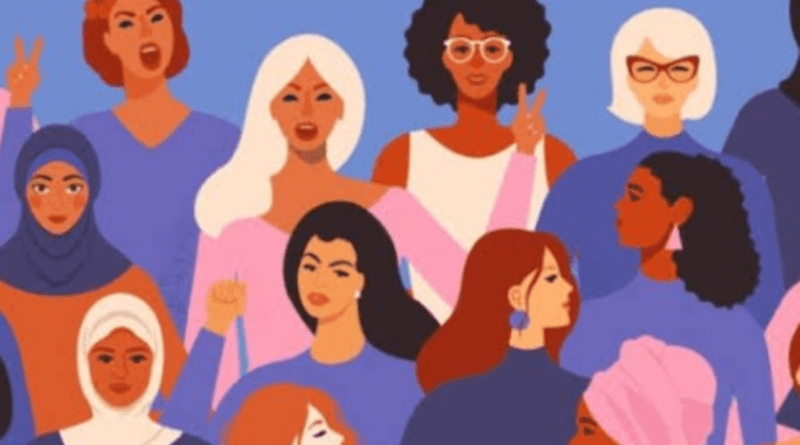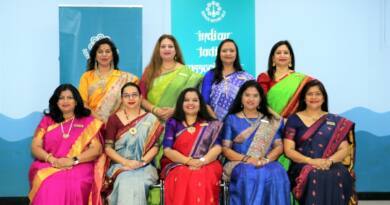Global Women’s Day 2024: You see how professional women are now crafting adaptable futures.
Industry micro-credentials have opened doors for many women into previously unattainable, profitable IT professions.
In digital India, women are finding they can advance on their own terms by going outside traditional educational and career paths.
They are welcoming the notion of working and studying remotely from any location. This is an exciting time for women to learn and work in a way that fits their lives, from greater prospects to second chances. History is geography: the freedom to study from any location In India, there are a number of factors that limit where and how women can learn.
According to a poll conducted by Coursera and the International Finance Corporation, women’s learning preferences are influenced by things like family responsibilities, mobility, and safety. Girls frequently aren’t allowed to travel far from home or apply to institutions outside of their community. These students are overcoming obstacles as access to digital learning grows by enrolling in top-notch online courses that match their goals and areas of interest.
A little more than a year ago, BITS Pilani broke through several barriers by offering an online Bachelor of Science in Computer Science. For female students, mobility, safety, and family responsibilities were suddenly unimportant since they could enroll for this highly sought-after degree from any location and start studying at any time. Compared to before the pandemic, women in India are enrolling in STEM (science, technology, engineering, and mathematics) programs at a far higher rate. From 22% in 2019 to 32% in 2023, women’s enrollment in STEM courses on Coursera increased.
Industry micro-credentials have opened doors for many women into previously unattainable, profitable IT professions. Leading companies like Google, IBM, and Meta developed these micro-credentials, which are helping women without previous work experience get ready for entry-level computer employment by helping them to build their online abilities.
They can finish a microcredential in no more than six months. Indian women in the workforce now place a high value on flexibility in both their learning and working processes. According to a Deloitte report, one of the top three reasons Indian women quit their jobs is that they are not given enough flexibility with their work schedules. India is not an exception to the notable rise in female applicants for remote work worldwide, according to LinkedIn data.
The good news is that a lot of the digital skills women can acquire online will equip them for remote digital work. Talent mobility is expanding internationally as remote work becomes more common in Europe, the US, and Asia due to the demand for digital capabilities.
If women have the necessary abilities, this may transform everything and provide them with more access to high-paying employment. Remote work offers inherent flexibility and, most importantly, eliminates lengthy commutes! In order to attract and keep female employees, firms must provide flexible learning and work arrangements that facilitate their re-entry into the workforce, lower employee fatigue, and boost productivity. A new UN report warns that women may be disproportionately in danger of having their occupations automated by AI as we prepare for the AI era.
It’s heartening to see female students in India take the initiative to develop GenAI abilities in order to future-proof their jobs.
The number of women enrolling in AI courses has increased; the top 5 courses for female students include Introduction to Generative AI, Prompt Engineering for ChatGPT, Generative AI with Large Language Models, and Generative AI for Everyone. After its launch, AI for Everyone immediately rose to the top of the technology courses for women in India, where millions of female students are enrolled.
The flexibility to work and learn is enabling Indian women to take control of their education and careers, allowing them to write the story of their own lives.
More broadly, these discoveries will be essential to boosting women’s involvement in the digital economy and maintaining their place in a diversified workforce that benefits both India and the rest of the world.




